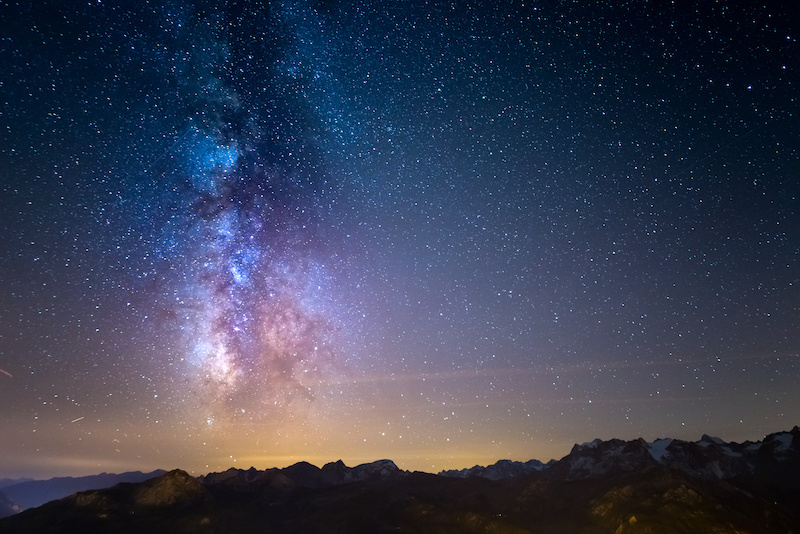
Much of life’s religious and spiritual teachings relate to subjects which we human beings struggle to understand—those things that are literally unknowable. The fact is that we do not know exactly why or how our existence came into being.
Greater modern understanding about the process of evolution of the human species did not occur until the 1850’s. And grasping scientific revelations about the beginning of the universe itself occurred during just these past few years. But despite this continuing scientific knowledge, enormous existential mysteries remain, including:
- Is there a higher power, and if so, where does that power reside?
- Is it possible to connect to that conceptualized higher power, and if so, how does one do that?
- What are the forces in the universe that have allowed the human brain to evolve with the complexity of containing some 86 billion interconnected neurons that allow us to even ask these questions?
It is not easy, and perhaps not possible, to answer these questions. The power which some call "God" is not a term intended to be anthropomorphic, but if there is such an entity, what entity in turn created that entity?
Religions today teach us about morality, prayer, gratitude, and other ethical concepts, but we, in fact, do not know why we are here on this planet or whether similar life forms exist elsewhere in the universe. The answers to these greatest mysteries leave us mostly with faith as our primary system of conceptualizing these unknowns. Is it possible that somewhere within our own complex anatomy lies the entity we refer to as our “soul” which has the capacity to communicate with and respond emotionally when we pray to a higher power?
How could a true believer know for sure that there is a higher entity any more than a true atheist could know for sure that there is not?
Atheism states that we human beings, despite our uniqueness, have arrived on earth simply because of random evolutionary forces. The historical record shows that roughly 70 different individuals published works on the topic of evolution between 1748 and 1859, the year Darwin published On the Origin of Species.
The belief that there is a higher power allows us to live out our lives with more hope than fear. It can give us hope in the face of uncertainty, and that hope can instill a sense of meaning and purpose.
We human beings, unlike other animal species, may be able to reflect intellectually on these mysteries of our existence. However, the reality is that wars, killings, and frequent mistreatment of human beings by other human beings suggest that despite our complex brains we indeed have characteristics like wild animals.
Paradoxically, our human species may create our own extinction by either destroying each other through wars, or by satisfying our own personal comfort with the excessive use of fossil fuels that may warm the earth beyond habitable temperatures.
If we elders want a world that can be habitable for future generations this is the time to speak out about both the excessive use of military forces as well as the excessive use of fossil fuels to keep us comfortable. It's up to each of us to reflect on how we can help extend the existence of humanity and to engage in this process.
Dr. Hugh Winig is a retired psychiatrist, a longtime OLLI @Berkeley member and volunteer, and a regular contributor to the OLLI Blog.
The OLLI Blog showcases the voices and perspectives of the OLLI community as well as news from and about OLLI.